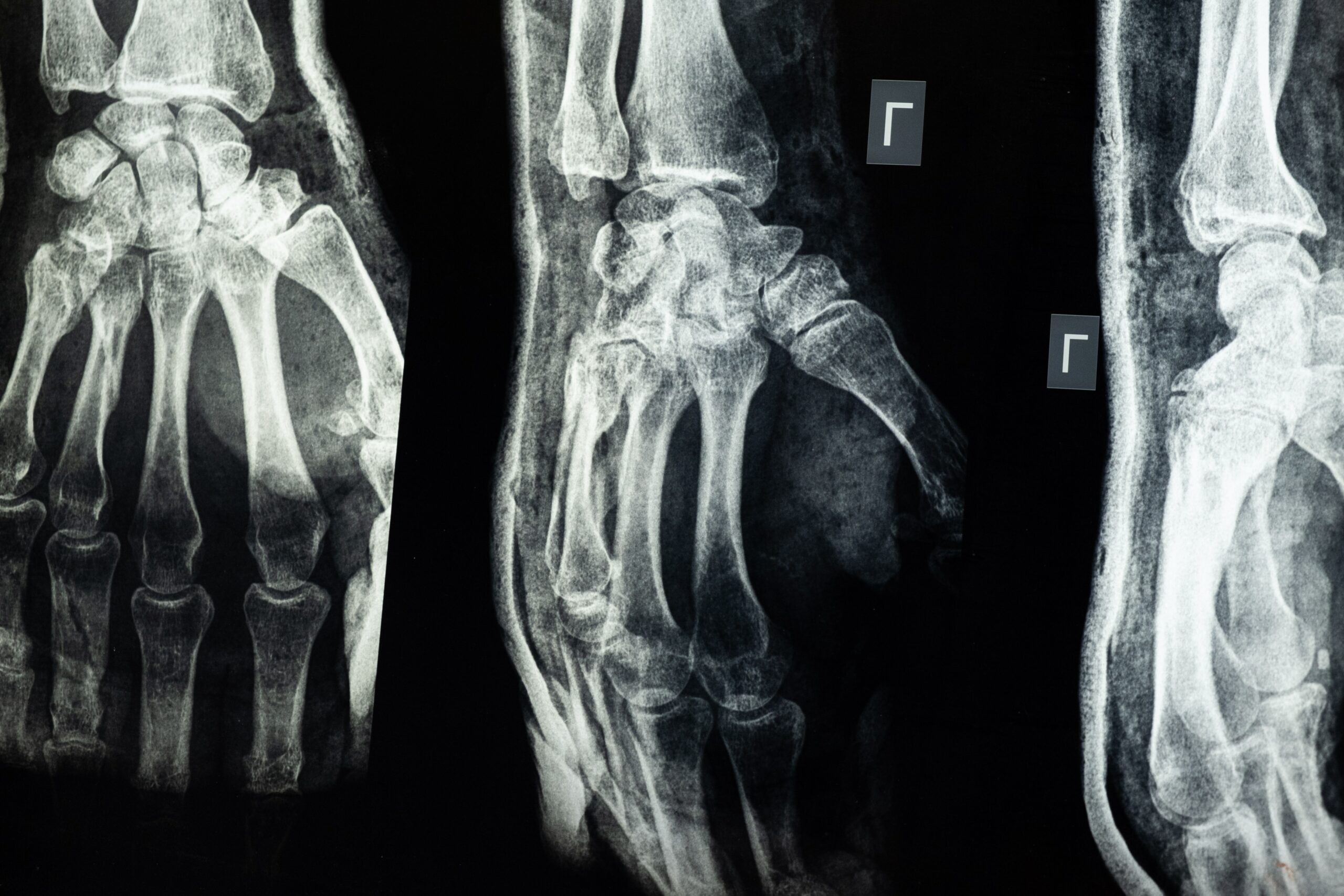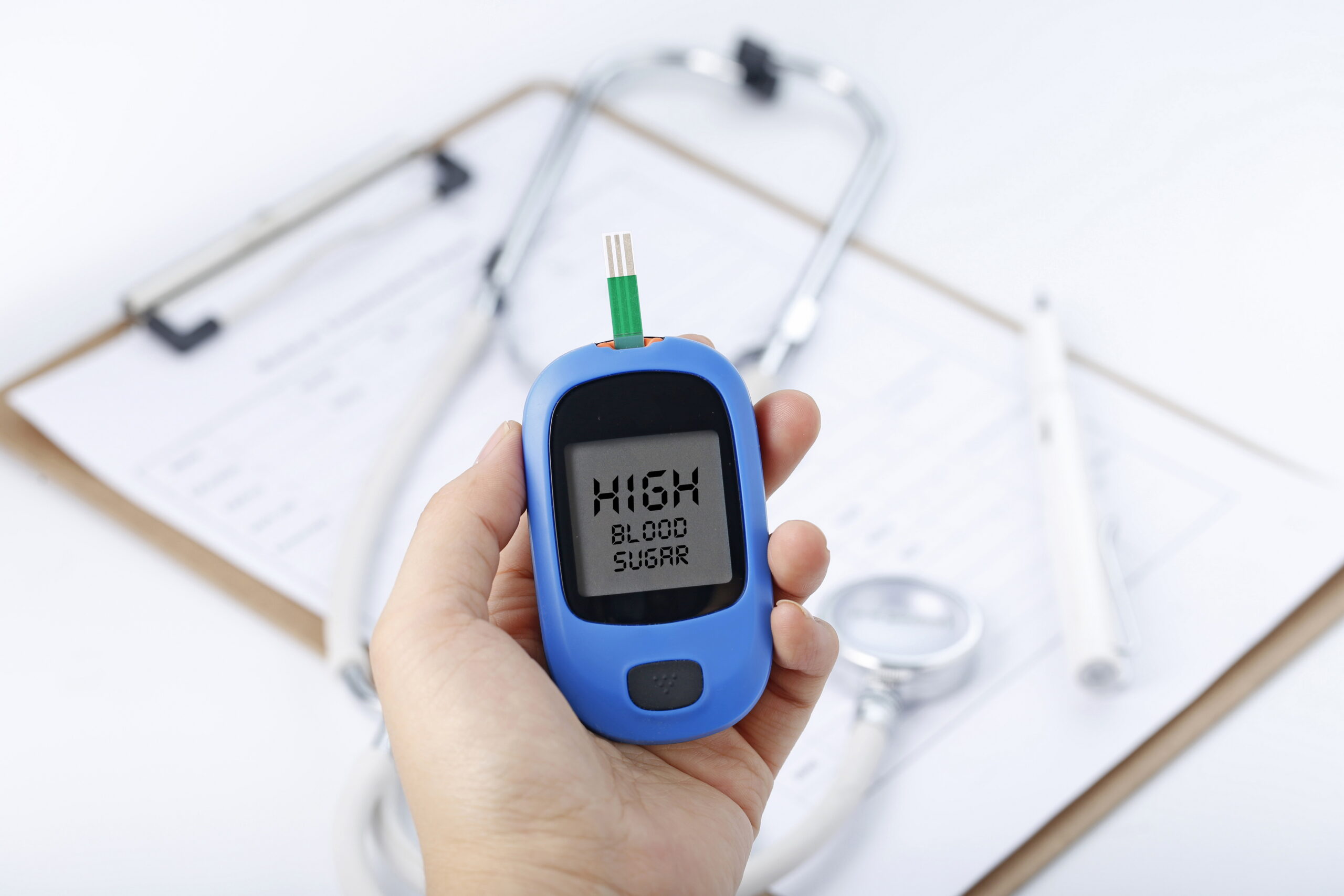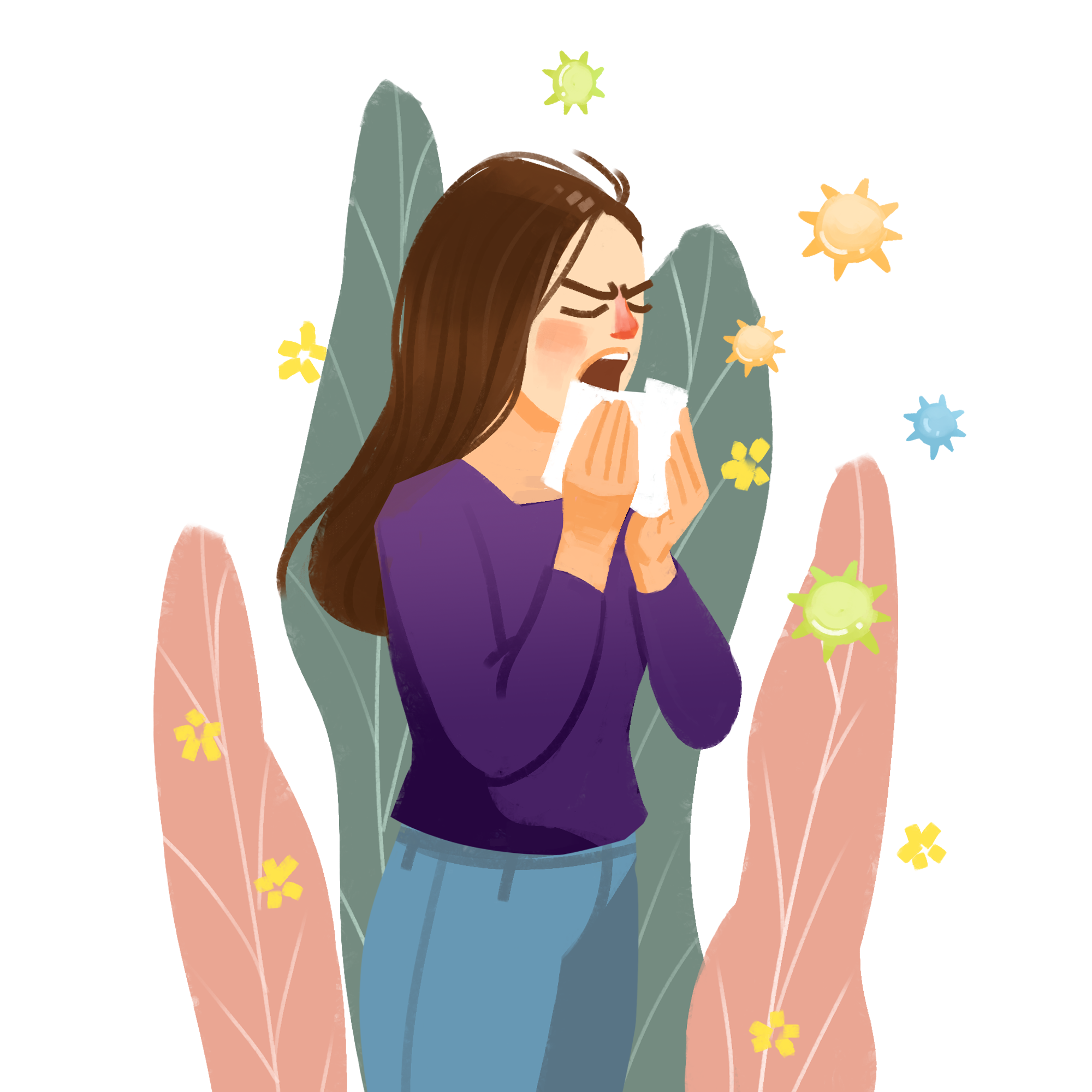Have you ever seen those swirling clouds of tiny bugs on a warm night, particularly near or over water? In Australia we call these insects midges. They don’t sting, however some midges bite and, though they’re not often dangerous, this can cause symptoms ranging from mild discomfort all the way to serious allergic reactions. Fortunately, first aid for midge bites is incredibly straightforward.
What is a Midge?
A midge is a tiny two-winged fly belonging to the order Diptera. They are often found around ponds or streams in late afternoon and evening in swarms. Some midges are harmless and are important food for aquatic animals, while others, like adult biting midges, can be pests. The term “midge” broadly covers various species of small flies, including non-biting midges and biting midges.
What Does a Midge Look Like?

The appearance of a midge differs slightly depending on which type it is. The biting midge life cycle includes a worm-like (larval) and cocoon-like (pupal) stage before the adult emerges. Adult midges resemble mosquitoes with dark brown bodies and wings. However, unlike mosquitos, their bodies extend beyond their wings.
The adult biting midge has a stocky and fly-like appearance. Their bodies are more compact and stout compared to mosquitoes, and the length of their wings is typically equal to or slightly shorter than their body length. Female biting midges body’s undergo changes during feeding. As they draw blood, their bodies expand, and take on a reddish-brown coloration.
Symptoms of a Midge Bite
Midge bites are similar in appearance to mosquito bites: a small, red lump, with a broader region of redness surrounding it. In rare cases, blisters might also form around the bite. As midges travel in swarms, a midge bite is rarely seen without other bites.
When a midge bites it injects your skin with saliva containing enzymes and anticoagulants that help it feed by preventing blood clotting. However, your body recognises the foreign substances and reacts defensively by triggering an inflammatory reaction. Your immune system then releases chemicals causing itching and further inflammation. These symptoms may intensify over the first 24 to 48 hours, after which they usually begin to gradually subside.
Specific symptoms and reactions can vary. Some people may experience stronger responses than others, and some may even have a severe allergic reaction. Additionally, midge bites can become infected, in which case signs of infection, such as pus, increased pain, or warmth, may be present.
How Long Do Midge Bites Last?
Midge bites can be reasonably persistent, usually lasting only a few days but up to two weeks. However, the duration of midge bites can vary depending on various factors, including individual sensitivity, the severity of the bites, and how the bites are managed. If a midge bite lasts longer than two weeks, you should see a doctor.
Midge bites last a lot longer than mosquito bites because the bite causes more damage, Mosquitoes inject a syringe-like tube into your skin to drain out blood while biting midges actually cut your skin open with special cutters around their mouths.
Treating Midge Bites

The most important step in treating midge bites is the same as looking after most other insect bites: making sure you don’t scratch at it, no matter how tempting it might be. Scratching can scrape the skin off the bite area and turn it into a sore, increasing the likelihood of infection.
It’s also important to note individual responses to any form of treatment may vary. Always consult a healthcare professional for personalised advice.
Wash With Soap
The first step is to wash the bite area with warm water and soap (preferably antibacterial soap). This washes away any residual saliva on the skin, minimises the chance of infection, and reduces itching.
Cold Compress
A cold compress can be used to treat midge bites by reducing swelling, itching, and inflammation. To use a cold compress, apply an ice pack wrapped in a cloth to the affected area for 10-15 minutes at a time, repeating several times a day.
Topical Treatments
Using over-the-counter creams or ointments, particularly calamine lotion or those containing hydrocortisone, can help alleviate itching and soothe midge bites. Follow the instructions on the product label for proper usage.
Antihistamines
Taking antihistamines, available without a prescription, can reduce itching and manage allergic reactions caused by midge bites. Follow the recommended dosage and consult a healthcare professional if needed.
Pain Relievers
Non-prescription pain relievers like acetaminophen or ibuprofen can provide relief from pain and reduce the inflammation associated with midge bites. Follow the instructions on the packaging or consult a healthcare professional for appropriate dosage and usage.
Natural Remedies
Some people report finding relief from midge bites by using natural remedies such as aloe vera gel, tea tree oil, oatmeal baths, or baking soda paste. Results may vary, and professional treatment options should be considered before experimenting with unproven methods.
Preventing Midge Bites

In all things, prevention is more effective than treatment, and midge bites are no exception. It’s simple to prevent midge bites. There are a few different strategies to limit your odds of being bitten, and using a few together can be an even more effective way to control biting midges.
Avoid Midge Breeding Grounds
Female biting midges normally rely on nectar, water, and sap for sustenance. They only switch to blood when mating to help develop their eggs. Midges are most commonly found near warm bodies of water, and are most active around dusk and dawn. By knowing if midges are likely to be around, you can more easily avoid them and their bites.
Insect Repellent
If you can’t avoid going near midges, then spray-on insect repellents will help deter them. The most effective brands are those containing a chemical known as “DEET” (diethyl-toluamide). However, as with all insect repellents, this may not be 100% effective.
Mesh Screens and Windows
Mesh screens and windows are recommended for individuals going camping or living in areas with a high concentration of midges. These screens act as protective barriers, preventing midges from entering and reducing the potential for bites.
Citronella Candles
Citronella is a natural insect repellent. Burning a citronella candle in an enclosed, indoor area can repel any midges which make it inside.
Cover Up
By covering up your exposed skin you can greatly reduce the available targets for midges to bite. Clothing such as closed shoes, long sleeves, and pants are most effective in this regard.

Why Am I Suddenly Being Bitten By Midges?
If you’re experiencing an influx of midge bites, there may be a variety of factors behind this. Following is a list which might explain why you’re suddenly finding yourself affected by an increase in midge bites.
Seasonal Factors
Midge activity can vary throughout the year, with some seasons experiencing higher populations than others. If you’ve noticed a sudden increase in midge bites, it could be due to a peak in their population during Australia’s warmer months, usually between September and April.
Time of Day
Midges are typically more active during specific times of the day, such as dawn and dusk. If you go outdoors during these peak feeding times, especially during their active season or near a breeding ground, you’re much more likely to encounter midges.
Environmental Changes
Midges are attracted to certain environmental conditions. Factors like humidity, moisture, and stagnant water create favourable breeding grounds, and changes in weather patterns may also contribute to an increase in midge activity.
Personal Attractants
Factors such as body heat, sweat, body odour, and certain perfumes can make you more appealing to midges. If you’ve recently made changes to your personal care routine or are using scented products, it could be a contributing factor.
Don’t Be Caught Off Guard!
While midge bites are mostly harmless and treating them is a fairly simple practice, some people may experience severe allergic reactions. If this ends up being you or someone that you know, then the only way to be prepared is to take a first aid course.
First Aid Pro offers first aid training through a variety of professional courses. In addition to giving you a broad grounding in how to respond to different medical emergencies, our first aid courses will run you through the essentials of how to identify different types of serious bites and stings, as well as how to respond to infections and severe anaphylaxis, both of which can be consequences of a midge bite. Don’t risk the worst, take a first aid course today.






